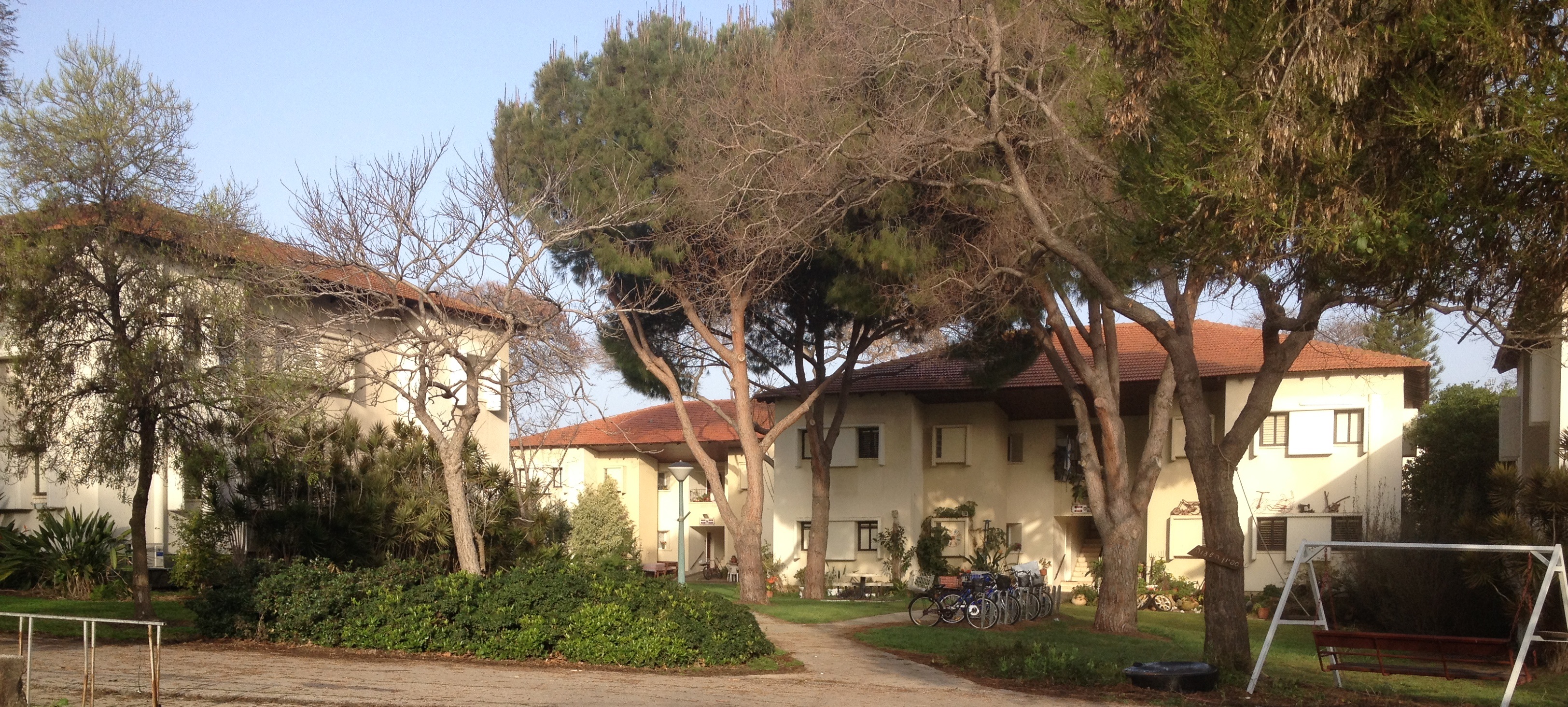
William Bergquist
When initiating any organizational consulting initiative, a practitioner carries with him or her a set of often untested assumptions about the way in which the client (an individual. an organizational unit, or an entire institution) might best be served. He or she also carry assumptions about the nature of the relationship that should be established between the person or group asking for assistance (the client) and the person or group providing assistance (the consultant). Powerful (though often unacknowledged) models exist that dictate the nature of questions that are asked within a specific scientific discipline, as well as the nature of solutions that are generated and tested. These models tend to be self-validating in that the methods and criteria used for evaluation of the model are themselves part of and fully compatible with this model. As a rule, the model is reformed significantly only by someone who can stand outside the model and question its validity. Only the outsider can readily declare that “the king [model] is indeed naked!”
Consultation and Models
In many ways, the underlying assumptions of consultation act like scientific models. It is true that as one who often stands outside of systems, a consultant often can be of value in helping a client discover and, if necessary, abandon his or her own model or assumptions about the nature of a problem. A consultant, however, also operates within certain models. These models can, in turn, limits the consultant’s own perceptions of these problems.








